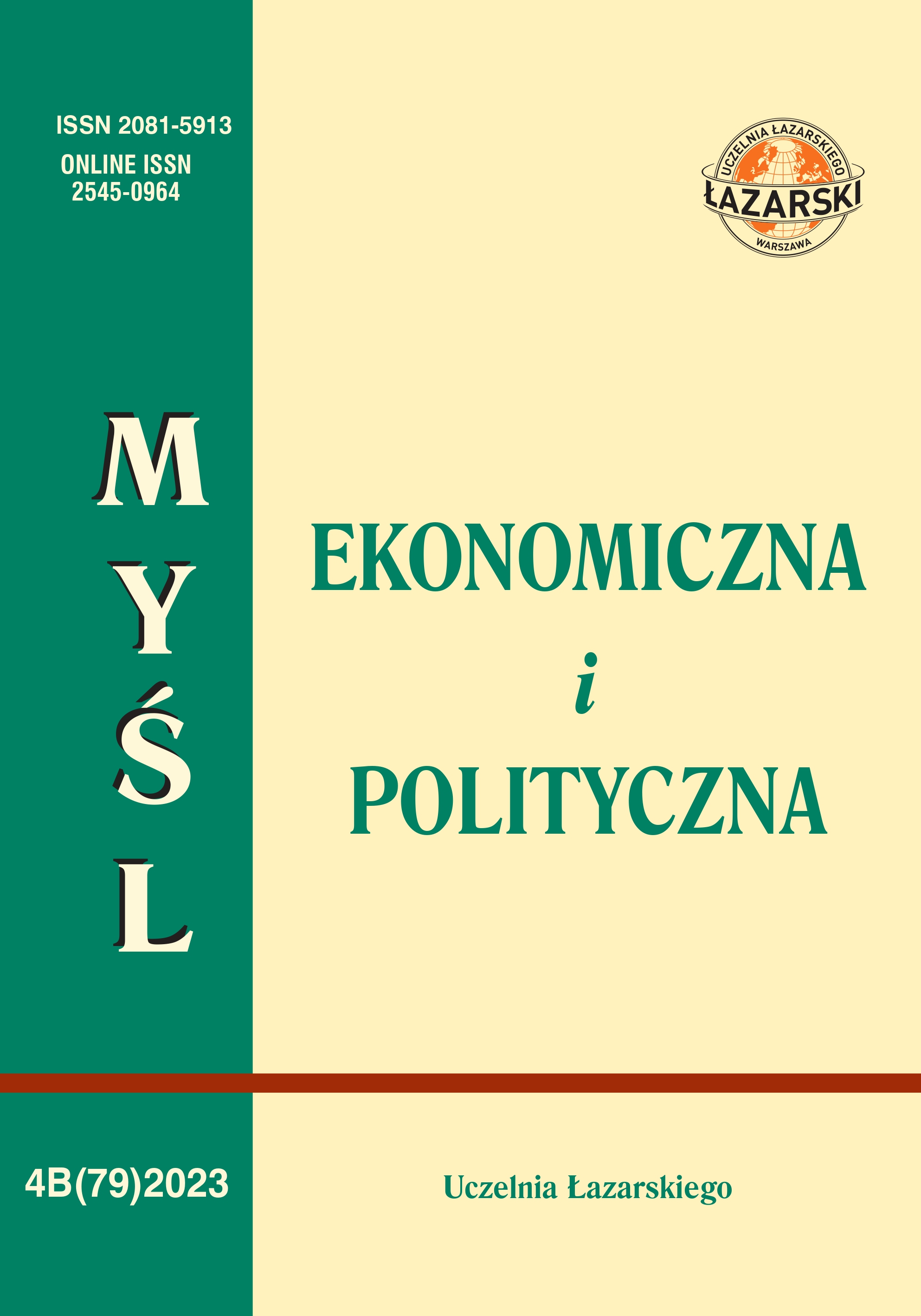Abstract
The article analyzes the impact of macroeconomic shocks on the institutional evolution of economic governance in the European Union between 2007 and 2022, with particular emphasis on the Economic and Monetary Union (EMU). Drawing on the paradigm of New Institutional Economics and theories of European integration, it demonstrates that the financial, sovereign debt, and pandemic crises acted as catalysts of functional drift, leading to a redistribution of competences and a shift in the institutional balance toward the supranational level. Particular attention is given to tensions arising from the asymmetry between a unified monetary policy and fragmented fiscal oversight, as well as limited coordination of macroeconomic policies. The analysis shows that institutional responses involved the development of extra‑treaty fiscal instruments and the expansion of the mandates of the European Commission and the European Central Bank, despite the absence of formal treaty reform. As a result, a hybrid model of economic governance has emerged, characterized by greater institutional flexibility and an increasing role for the supranational component. The article contributes to the study of the institutional dimension of EU economic integration by portraying economic governance as a domain of structural adaptation under repeated systemic shocks.
